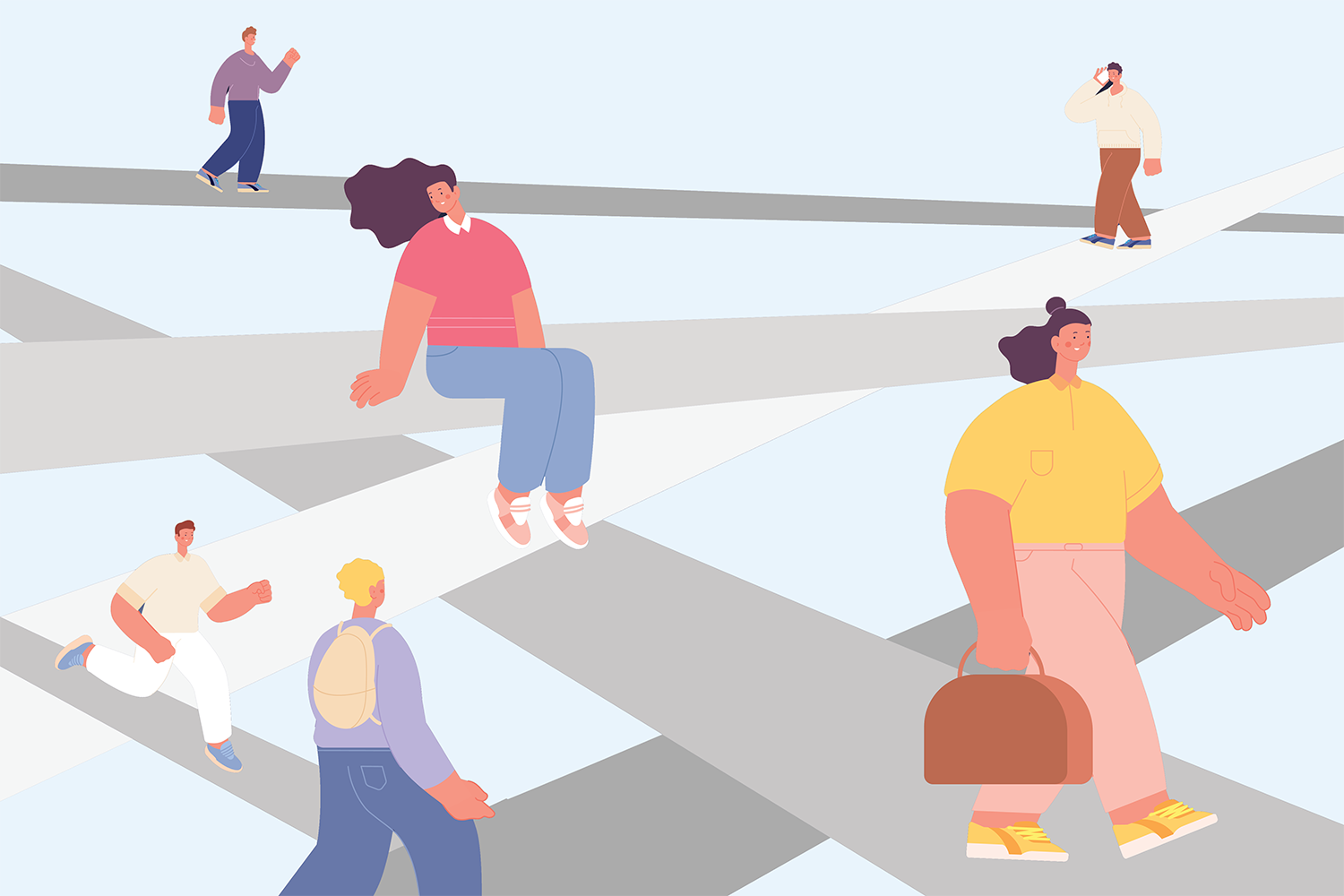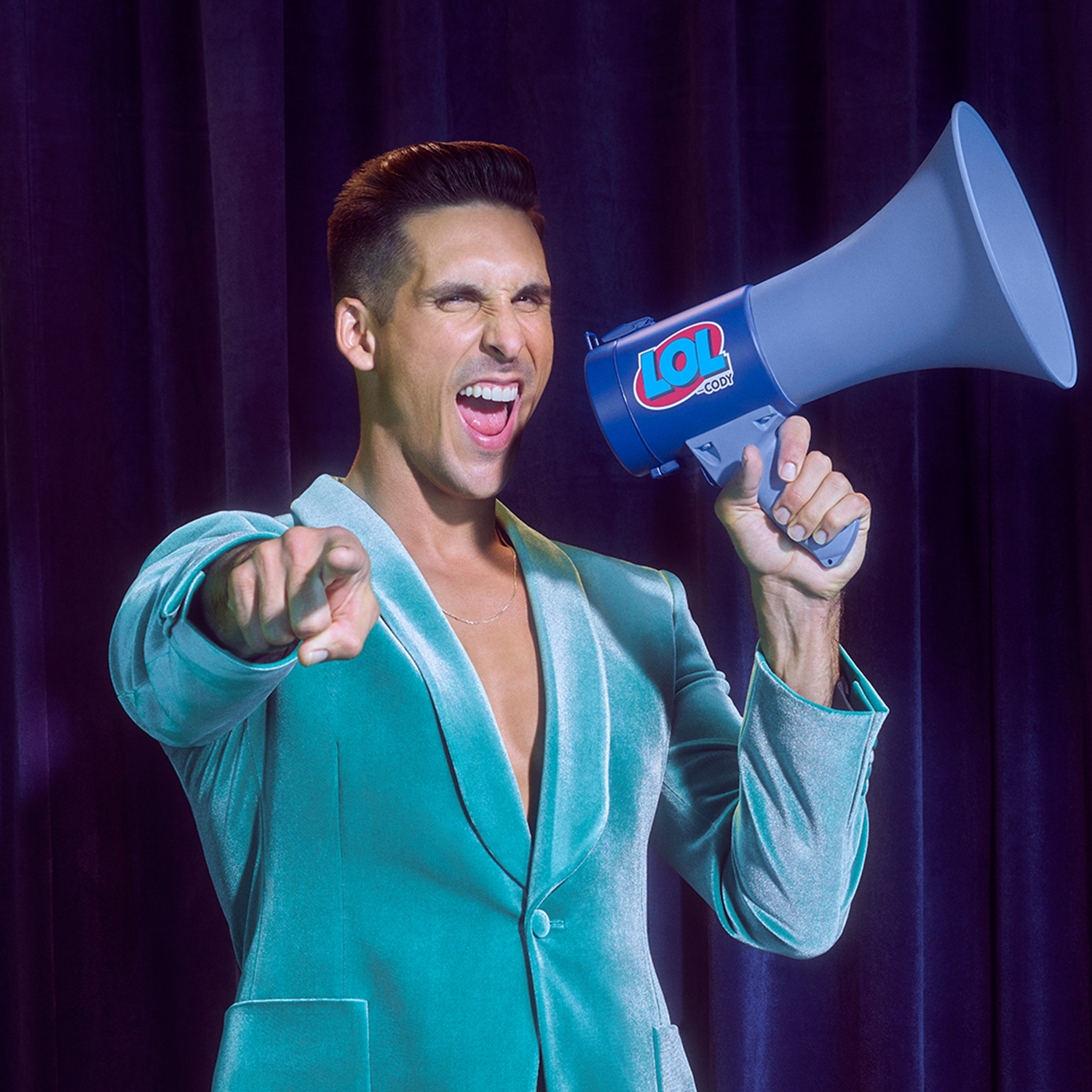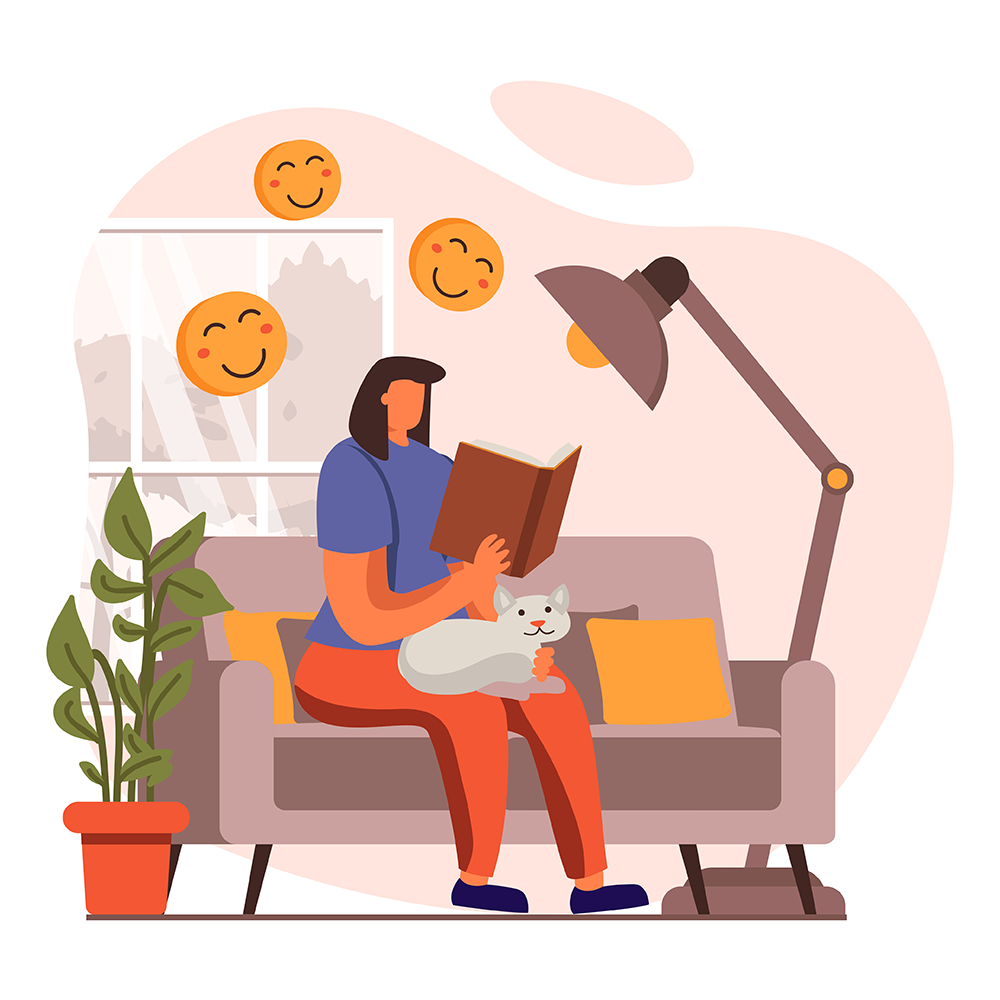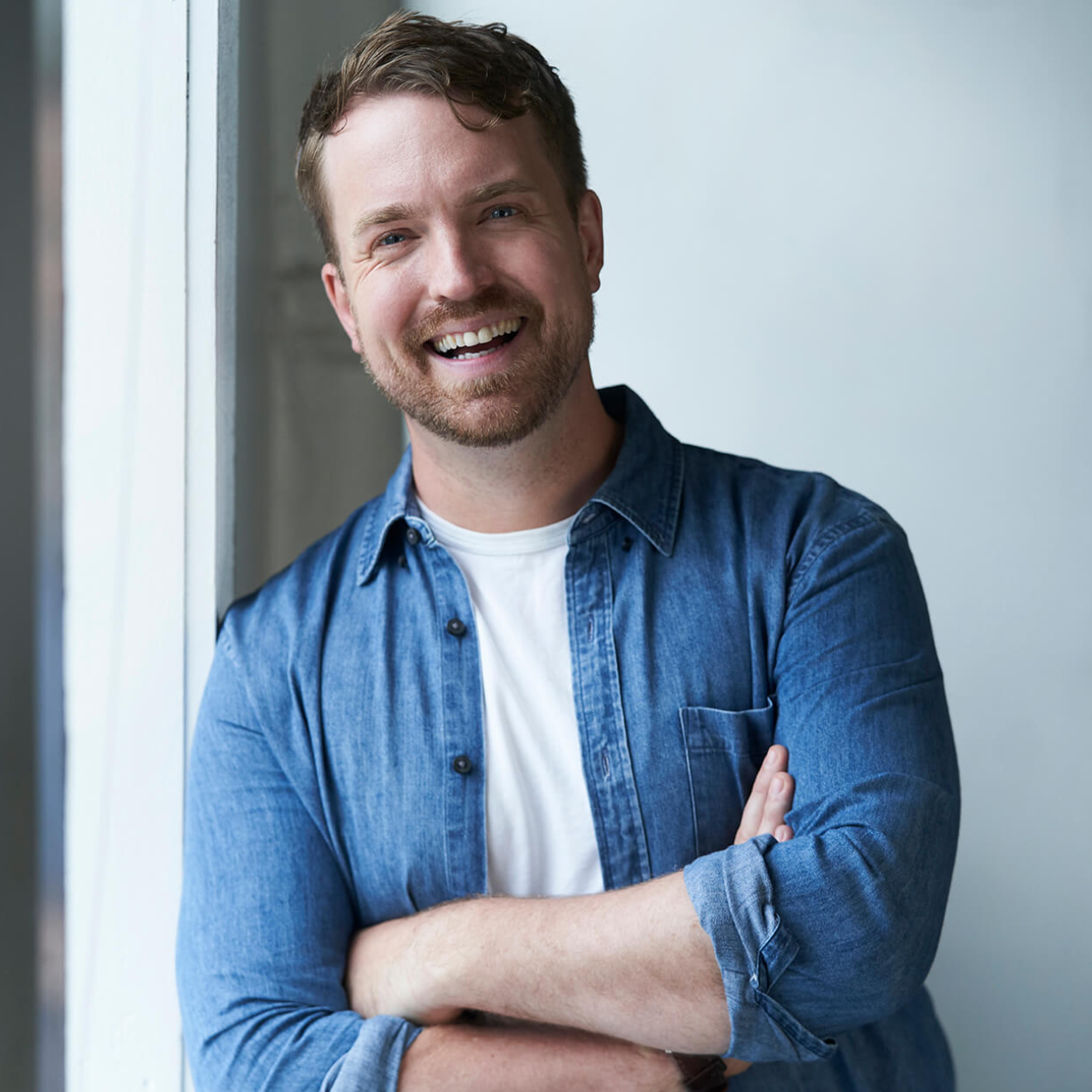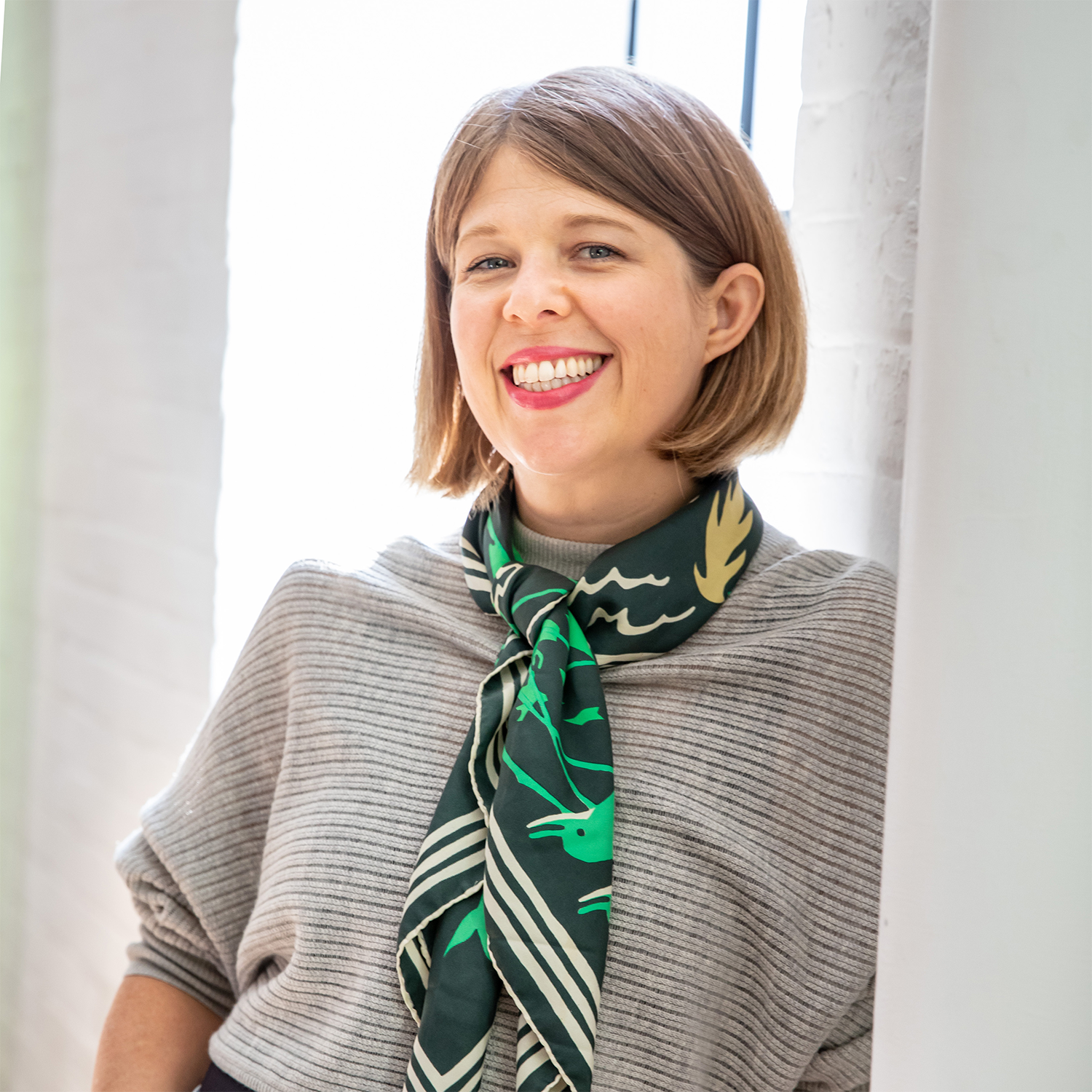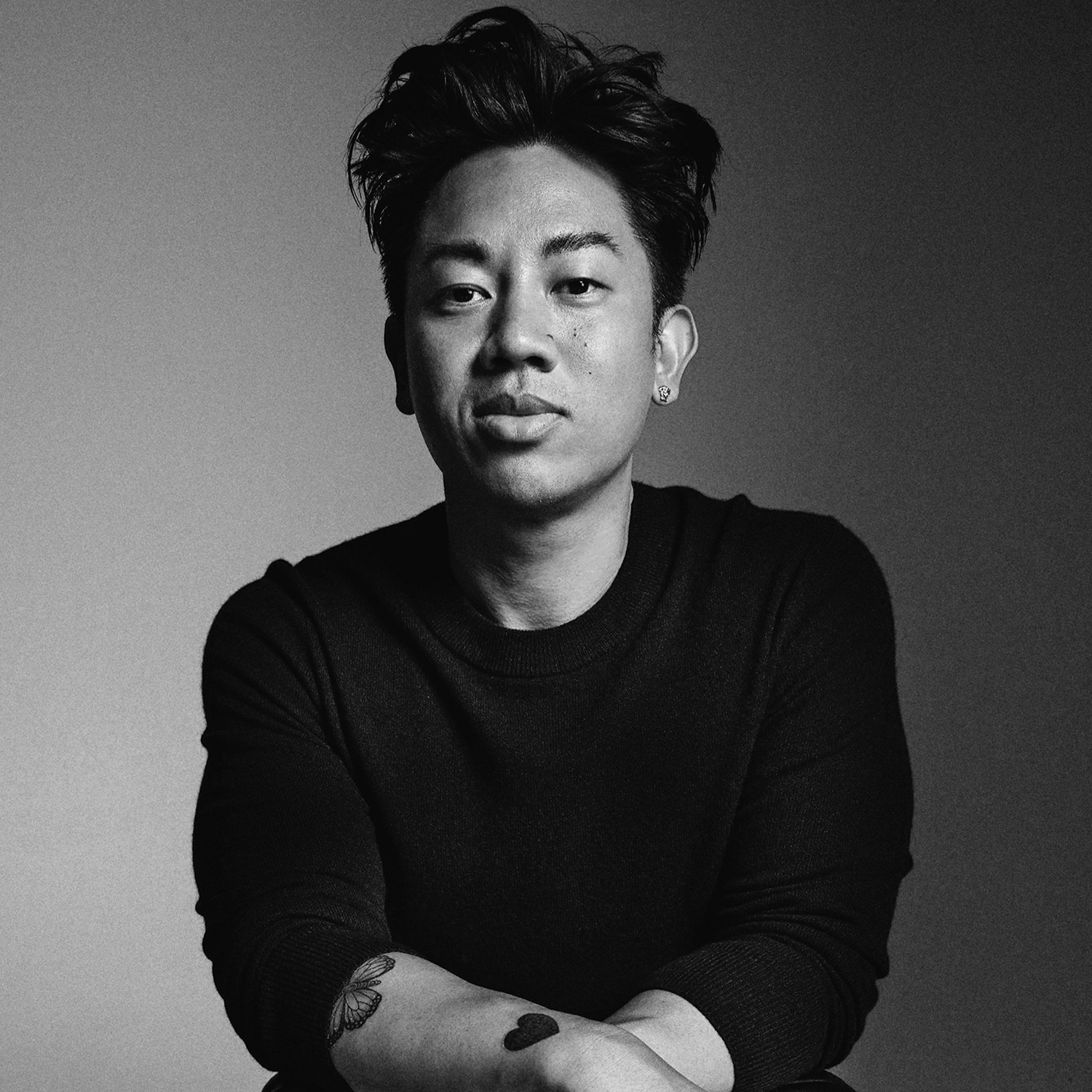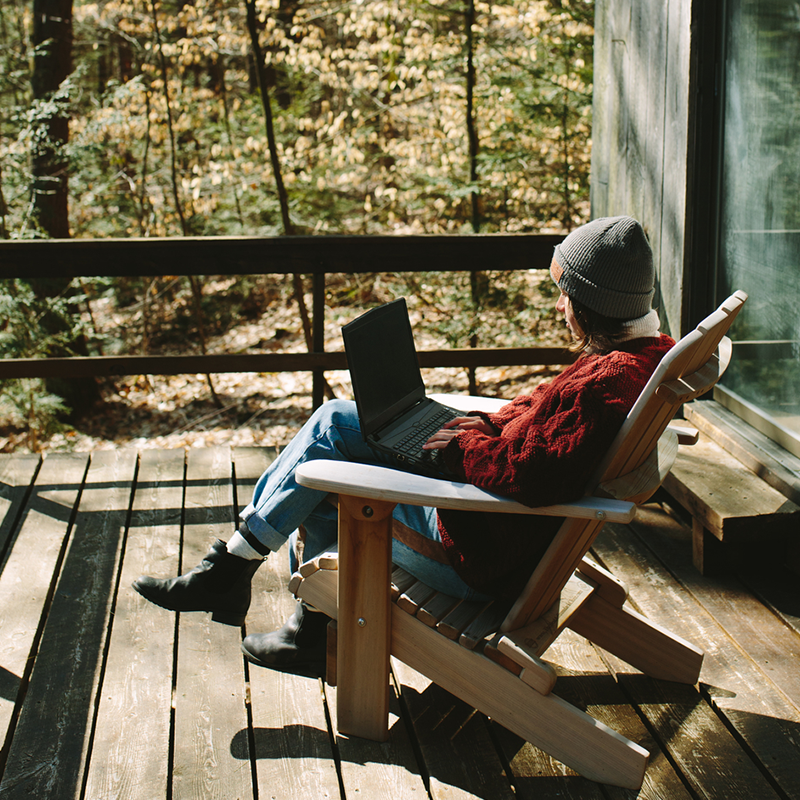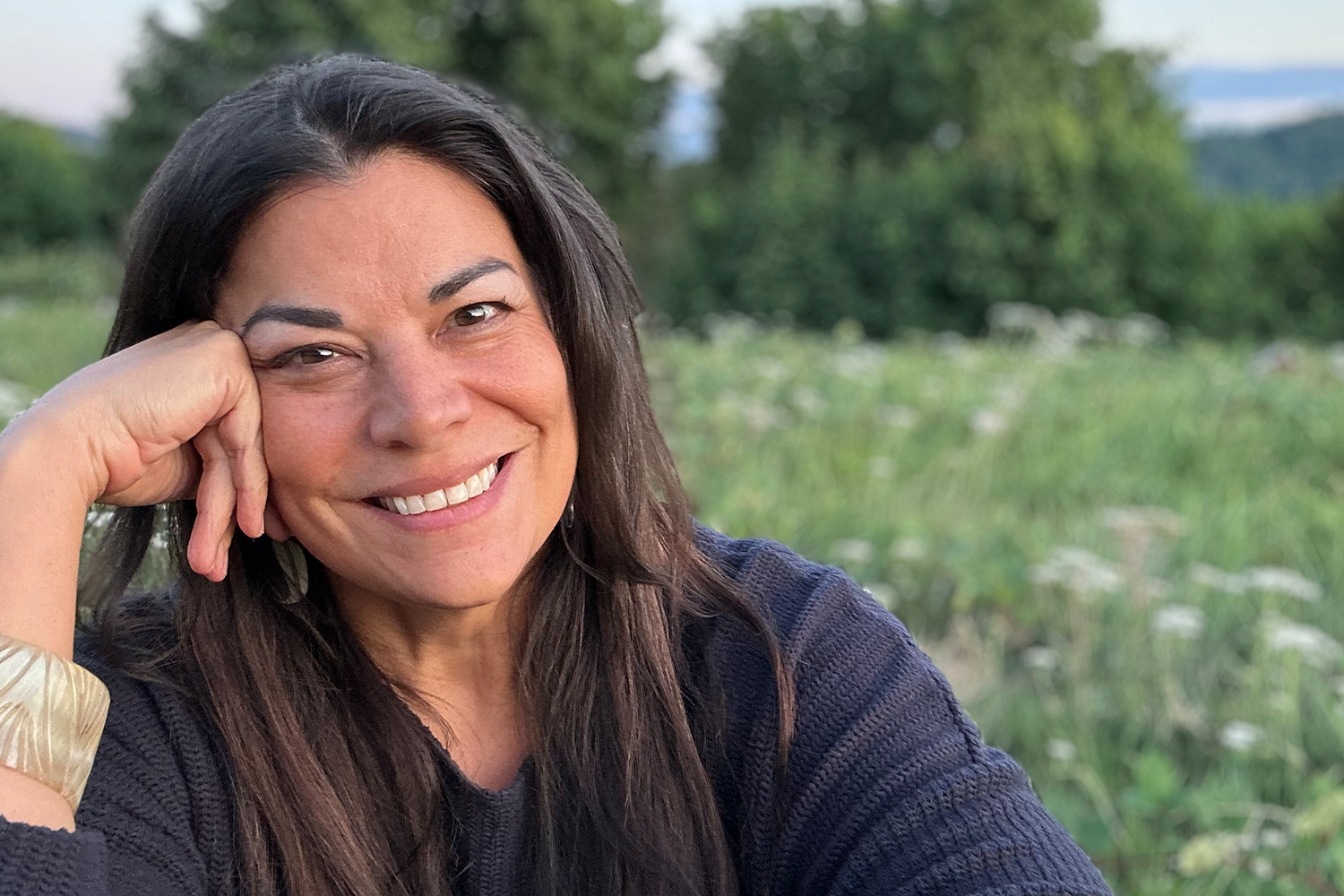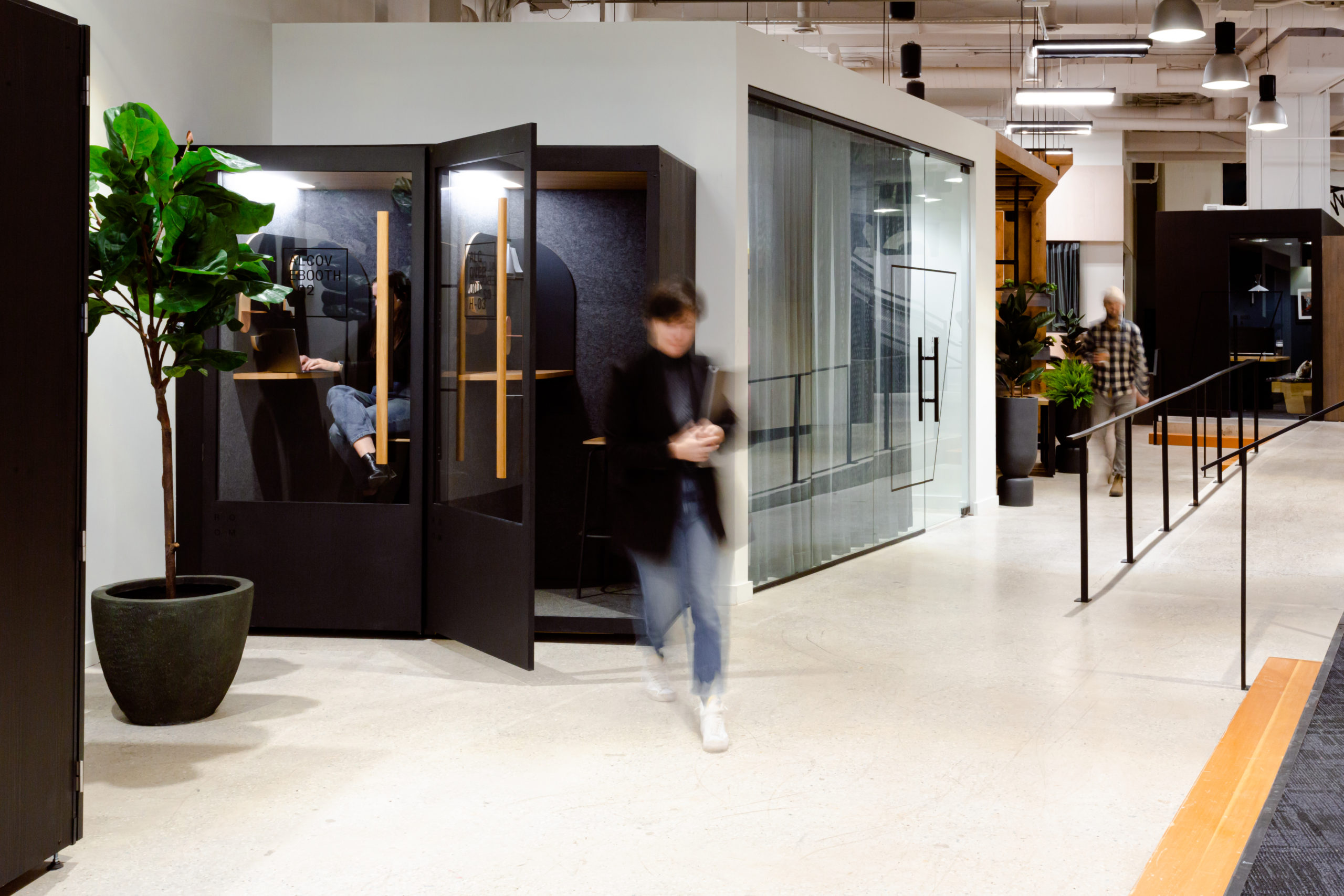Anne T. Donahue: How I Stopped Romanticizing the Millennial Obsession With Productivity
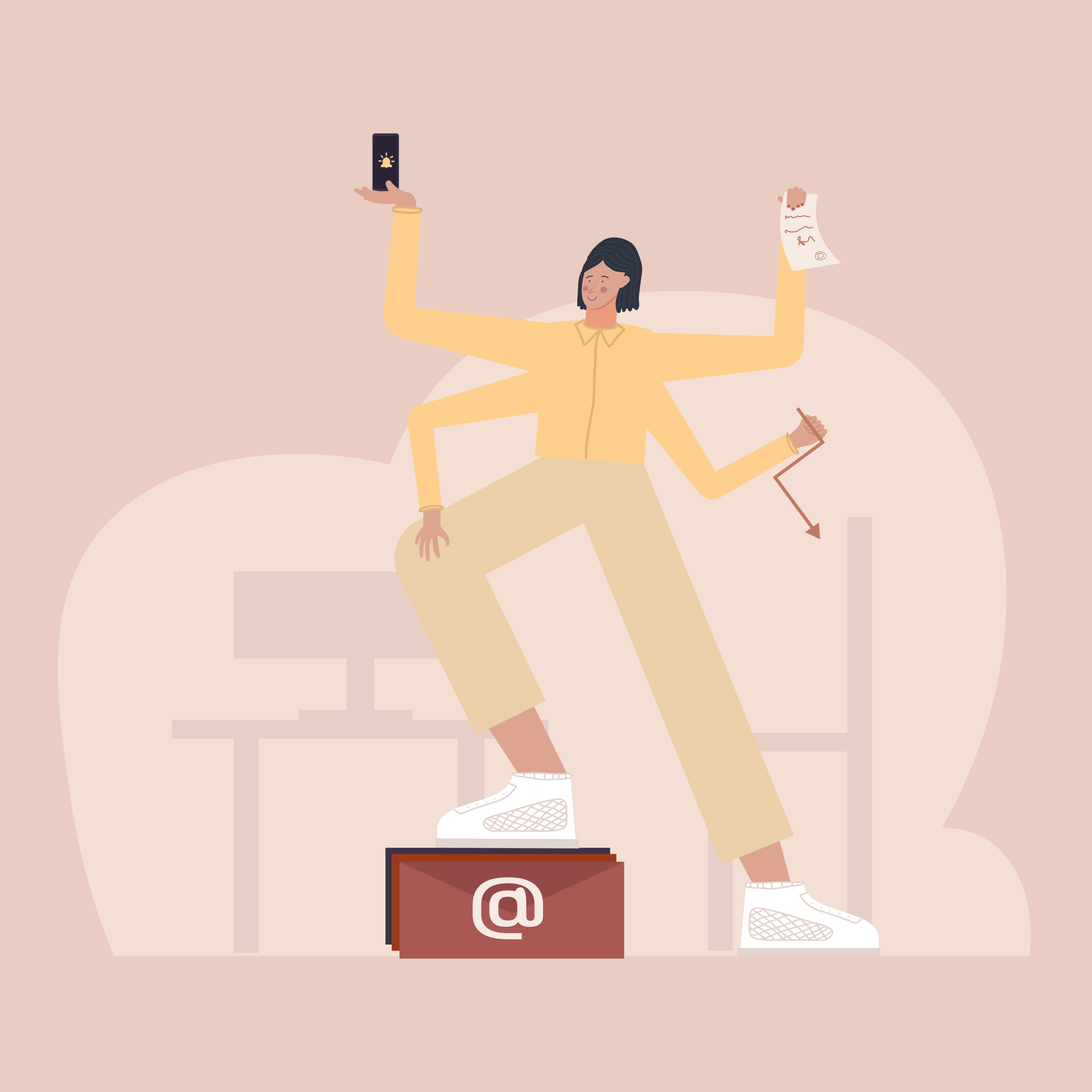
In November 2019, I got in a car accident. Driving home to Cambridge, Ont. from Toronto one evening, I crashed into a car that had, seconds before, crashed into somebody else. All parties involved were lucky: No injuries were life-altering. My insurance would help me replace my totalled car, and the tow truck driver who drove me home gave me an excellent mantra. (“You didn’t die!”) But while the accident itself was a shock, my follow-up feelings shocked me even more: I was relieved. With a few soft-tissue injuries, I was forced to take some time off work. I could power down for a minute. I could halt the constant hustle.
I don’t think you’re supposed to feel lucky in the wake of spinning out on the 401. And yet, my feelings—rooted in a nagging knowing that my pace of work-life wasn’t sustainable—weren’t necessarily unique. A 2019 study from the U.S. Bureau of Labor Statistics revealed that Millennials, like me, work more hours than previous generations. It’s not surprising since we grew up drinking the Kool-Aid of Hustle Culture. But as older Millennials are starting to approach our mid-career points, it’s only natural that we’re reflecting on our professional lives and “what it all means.” And a big part of that is reckoning with how much of our lives we’ve spent working overtime.
The pandemic added to this a sense of urgency that has accelerated and compounded the existential dread that accompanies taking a hard, long look at ourselves. In the three years since the onset of Covid—and, for me, since my accident—our relationship to work has dramatically shifted. All of this ensuing reflection has led to some pretty big revelations. It’s obvious to me now that Millennial women in particular were sold a lie: To attain “girlboss” status—to be considered “successful” in an intrinsically capitalist, patriarchal society—we needed to work 24/7. We could have it all, but having it all meant adopting an attitude that rest was for the weak. We’d sleep when we were dead! We’d show our boomer predecessors that we could lean all the way in!
Before my accident, I bought into this belief wholeheartedly, convinced that if I took a break from work or dialled down my output, I’d be forgotten about. My identity was defined by my job as a writer, and I knew I was lucky to be one: I wrote for publications I liked and respected, I’d written a book and had started my second, and I got to collaborate with my friends and people whose work I’d long admired.
But by my early thirties, I’d conflated my work ethic with my self worth almost entirely. Success of the girlboss variety didn’t leave room for vulnerability; to admit that I needed help or felt overwhelmed or that I wanted to stay home a little more felt like an admission of failure—and girlbosses didn’t complain, they just did. So I took that approach: I pitched pieces relentlessly, racked up to-dos and said yes to every project.
Once I began opening up about my relationship to work, and admitting that I was burning out, other people emerged to commiserate. I wrote a newsletter about my work-life imbalance and it was met with a chorus of similar feelings. My friends admitted they’d been experiencing burnout too, some even said they’d been a little worried about my inability to slow down. Evidently, we were all trapped in a girlboss machine of our own making, terrified that should we slow down to re-assess ourselves and intentions, our replacements would emerge and render us obsolete.
Related: Five Ways Businesses Can Create Work-Life Balance
And it wasn’t just the people I knew. Recent layoffs, downsizing and company shutdowns ahead of a looming recession have added significant job anxiety for many. It’s no accident. Creating a culture of fear within our capitalist machine keeps the cogs turning. Author Anne Helen Petersen, a culture writer whose newsletter recently explored the effects of rampant job cuts, describes the affected mindset as “Layoff Brain,” a phenomenon in which “the thrum of fear and student debt default . . . [are] rebranded as ‘hustle culture.’” She continues: “It normalizes precarity and understands the responsibility of protecting against it as a personal responsibility.” In short, should any of us find ourselves without a steady source of income, it’s our own fault. Not the system we’re struggling to operate in.
In my own life, accomplishments had become less about the work itself, and more about how much work I was doing, and who I was doing it for. I was so consumed by churning out content and collecting bylines that I’d forgotten that I’d chosen writing as a means of learning more about the world and expressing myself, that I had wanted to share my ideas and (hopefully) make readers feel a little less alone. Psychotherapist Kristen Lee describes this as a symptom within the “Cult of Overachievement.” She argues that sufferers are perfectionists who are consumed with being perceived as flawless; that those bending under the stress of self-imposed work obsession tend to romanticize their jam-packed schedules and compare their own progress to their contemporaries. It isn’t a feeling of accomplishment after finishing a challenging project or the pride in sharing a piece of work you poured your heart into. Instead, it’s an imbalance of priorities at the hands of a society that values outcome over experience. It’s productivity for productivity’s sake.
From 2019 to 2021, the hits just kept on coming. My dad died a little over a year after the pandemic started, and a month after that, my family and I began palliating my grandpa. Within two short years, the only hustle I had left was to ensure the people I loved were going to be okay. I realized how desperately I needed to be free of the tally I’d been running of the many ways I was worthy of work, of recognition, of a break. Now, work was just a necessity, no longer the be-all and end-all of my value.
By the start of 2022, following another family death, I wondered if I’d ever write again. I felt hollowed out and exhausted, but even more curiously, I also felt restless. Because as much as overworking can be toxic, there are positive benefits to productivity. I missed the excitement I used to feel about a new project, the satisfaction that I was exercising my brain, and the catharsis of shaping my feelings into something I could look at and understand. I also missed learning. I started to crave the feeling of doing something tangible; of returning to the work I loved—and even going back to school—because those were things I enjoyed doing.
In the wake of so much loss, I wanted to feel alive again. I wanted to participate in conversations and feelings, but I wanted to do it in a way I hadn’t before: healthily. So I began writing a little bit again. First about losing my dad. Then about our collective malaise in the follow-up to Covid. I wrote about my frustrations with Hustle Culture and the mental traps I succumb to. I admitted I was scared and unsure and messy, and that I was going back to school because I was ready to slow down and to learn something. The process of divorcing my identity from what I did professionally has made it easier to treat my job as exactly that: something I do as a part of my life, but not its defining factor. I am still a writer, but I am also many more things.
As a means of surviving a terrible three years, I’ve unknowingly subscribed to the notion of slow living, balancing my work life by equating victory not to what produce, but the fact that I am trying. Next to my bed sits a copy of Jenny Odell’s How To Do Nothing, which I picked up in mid-2020 at the advice of a friend. Back then, I’d avoided reading it because I didn’t see it as something relevant to my professional life—it wasn’t a topic I could necessarily write about or tie into a pitch or relate back to a syllabus. But last week, I picked it up after finishing a paper for school because I made a choice: Instead of getting ahead on more work, I was going to sit down, read for fun and take care of my brain. In the process, I found myself very slightly unclenching my jaw. I turned my phone over so I wouldn’t see its alerts. I was just a person reading a book, and it was totally okay.
